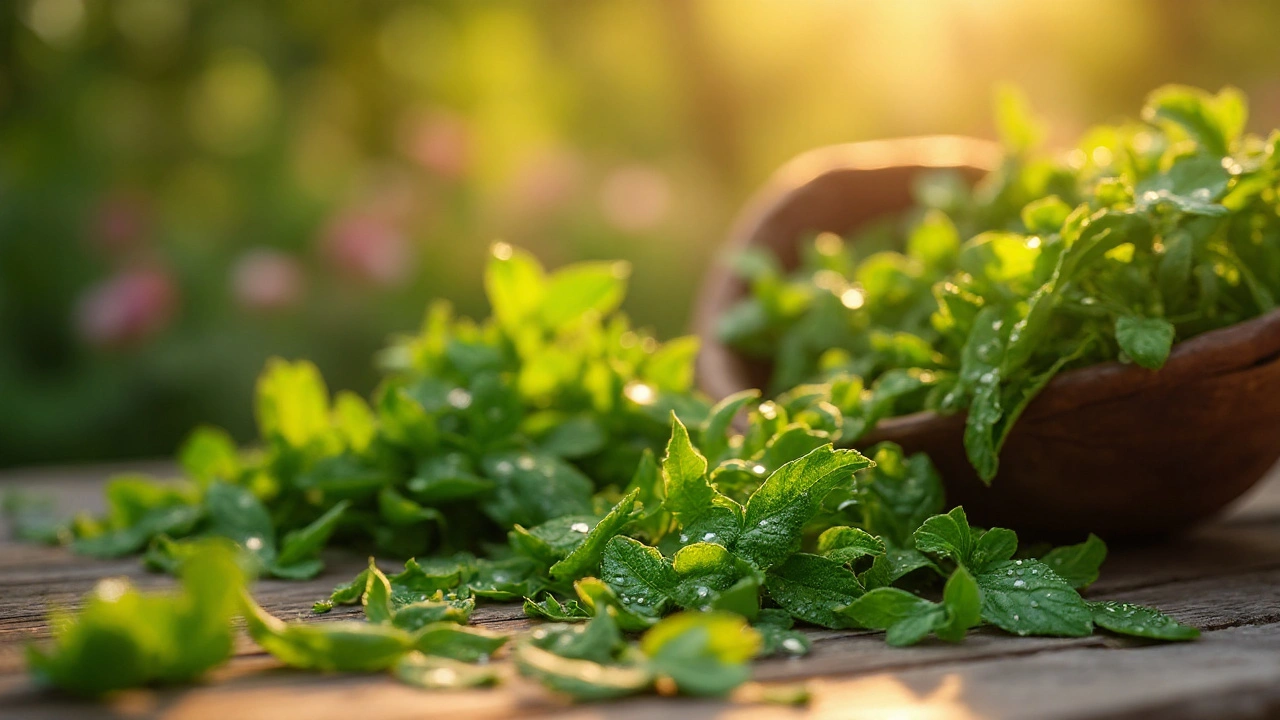Natural Antioxidant Guide: What They Are and Why You Need Them
If you’ve heard the term “antioxidant” and wondered if it really matters, you’re not alone. Antioxidants are natural compounds that help protect your cells from damage caused by free radicals – unstable molecules that show up after stress, pollution, or even a big meal. When free radicals build up, they can speed up aging and boost the risk of chronic diseases. That’s why many health experts push for more natural antioxidants in the diet.
Unlike synthetic additives, natural antioxidants come from whole foods, herbs, and spices you probably already have at home. They’re safe, tasty, and easy to add to everyday meals. Below, we’ll break down the top sources, the main health benefits, and simple ways to get more of them without overcomplicating your routine.
Top Natural Antioxidant Foods
Berries – Blueberries, strawberries, raspberries, and blackberries are packed with anthocyanins, a type of antioxidant that gives them their vibrant color. A handful a day can boost brain health and support heart function.
Leafy Greens – Spinach, kale, and Swiss chard contain lutein and zeaxanthin, antioxidants that protect eye health. Toss them into salads or blend into a green smoothie for an easy nutrient boost.
Nuts & Seeds – Almonds, walnuts, and sunflower seeds are rich in vitamin E, a powerful antioxidant that helps keep skin supple and supports immune function.
Spices & Herbs – Turmeric (with its active compound curcumin), cinnamon, oregano, and rosemary all have strong antioxidant properties. Sprinkle a pinch on roasted veggies or stir into soups.
Green Tea & Dark Chocolate – Both contain catechins and flavonoids that help fight inflammation. A cup of green tea in the morning or a small piece of 70% dark chocolate in the afternoon can satisfy cravings while giving your body a boost.
Using Antioxidant Supplements Safely
Supplements can fill gaps if you can’t get enough antioxidants from food alone, but they’re not a magic pill. Choose products that list the exact amount of active ingredients (like “200 mg of curcumin”) and avoid mega‑doses. Too much of certain antioxidants, such as vitamin E, can interfere with blood clotting.
When picking a supplement, look for third‑party testing (USP, NSF) and read reviews for quality. If you’re pregnant, nursing, or on medication, check with a healthcare professional before starting.
Even if you take a supplement, keep eating antioxidant‑rich foods. Whole foods provide a mix of vitamins, minerals, and fiber that work together better than isolated compounds.
Here’s a quick daily plan to up your antioxidant intake without hassle:
- Breakfast: Greek yogurt topped with blueberries and a sprinkle of chia seeds.
- Snack: A handful of almonds or a piece of dark chocolate.
- Lunch: Spinach salad with sliced strawberries, avocado, and a drizzle of olive oil.
- Afternoon: Green tea and a small orange.
- Dinner: Grilled salmon with roasted broccoli tossed in turmeric and garlic.
This simple routine covers a range of natural antioxidants and fits most busy schedules. Remember, the goal isn’t to eat an exotic superfood every day but to make small, consistent choices that add up over time.
So, next time you shop, reach for the colorful fruits, grab a bag of nuts, and keep those spices handy. Your body will thank you with clearer skin, steadier energy, and a lower risk of chronic disease – all thanks to the power of natural antioxidants.

